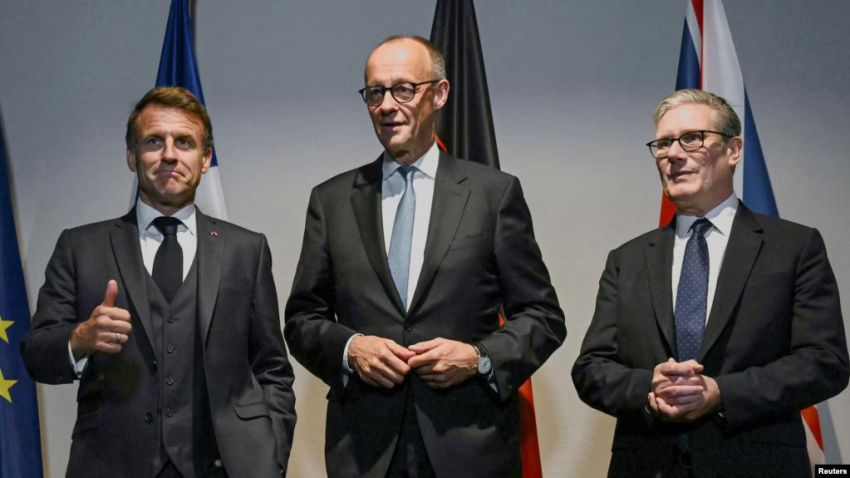The Legal Argument against the “Snapback” UN Sanctions

The European three, i.e., France, Germany, and England, have formally triggered the UN process to resurrect the UN sanctions resolutions known as “snapback”, and the month-long window of opportunity to reach a mutually-satisfactory understanding in order to avoid an escalating crisis is closing fast. There are various attempts, such as a Russian-initiated resolution, to buy time and delay a final showdown on this matter at the UN Security Council, and it remains to be seen if the current Iran-EU communications will yield any breakthrough in the stalemated negotiations.
For its part, Iran through a letter to UN by the Foreign Minister Abbas Araghchi, has denounced the European initiative as both illegal and counterproductive, citing the various instances of Europe’s own non-compliance with their obligations under the terms of the 2015 nuclear deal known as the JCPOA (Joint Comprehensive Plan of Action). But, although this is a necessary approach by Iran, it is not sufficient however and a more legalistic debunking of the whole logic of “snapback” is called for and, unfortunately, so far lacking on Iran’s part. To elaborate:
(a) The JCPOA is not, as the Trump administration itself has repeatedly argued, a legally-binding agreement or treaty under international law. Rather, the JCPOA is a voluntary political agreement, inferable from the statement: “Iran and the E3/EU+3 will take the following voluntary measures within the timeframe as detailed in this JCPOA and its Annexes.” Thus, Iran’s alleged non-compliance with a voluntary agreement does not implicate a violation of international law.
(b) The UN Security Council Resolution 2231, which endorsed the JCPOA, simply “calls on” the member states to honor it, that is, a hortatory, nonbinding expression in Security Council parlance that does not create an obligation under international law to comply. Various scholarly works on this matter have shown that there is a great deal of ambiguity and contextual factors involved.(1)
(c) The past UN resolutions on Iran, if restored, would partially collide with and contradict the terms of JCPOA. Case in point, in Resolution 1696, the Security Council demanded that Iran "suspend all enrichment-related and reprocessing activities,” whereas the JCPOA permits a restricted enrichment-related activity.
(d) Iran’s "inalienable right" under the NPT - to "develop research, production and use of nuclear energy for peaceful purposes without discrimination” - has been violated by the recent unprovoked Israel-US attacks on Iran’s nuclear facilities under IAEA inspections; these attacks, also violating various international protocols prohibiting armed strikes on active nuclear facilities, should have been condemned by the Security Council and the Council’s dereliction of duty in this regard is inescapable. The European attempt to force Iran to comply with the JCPOA without incurring the legal responsibility for their failure to condemn the illegal attacks on Iran is, indeed, legally untenable, as is their current attempt to give the false impression that an unsigned political document that relies on “voluntary measures” should be treated as if it is an international treaty; again, only the latter creates an “obligation” under international law.
(e) The veto-avoiding provisions of Resolution 2231 pertaining to (automatic) “snapback” violate the UN Charter and international law, by obviating the procedural rule of decision-making at the UN Security Council, i.e., the UN Charter's Chapters V through VII, Article 27 on the voting procedure. The fact that Resolution 2231 calls for the modification of the Security Council procedure does not change that fact. The Charter takes precedence over any resolution, and in such cases where there is inconsistency between the two, the former prevails over the latter.
In conclusion, Iran’s only hope of avoiding the “snapback” UN resolutions is not by focusing on the European, and American, non-compliance with the JCPOA, but rather the fundamental legal problems prohibiting the “snapback” above-mentioned.
(1) https://repository.law.umich.edu/cgi/viewcontent.cgi?article=1149&context=mjil#page=34
* Kaveh Afrasiabi is a political scientist specializing in Iran’s foreign affairs and author of several scholarly books on Iran’s nuclear program.

